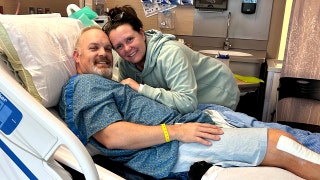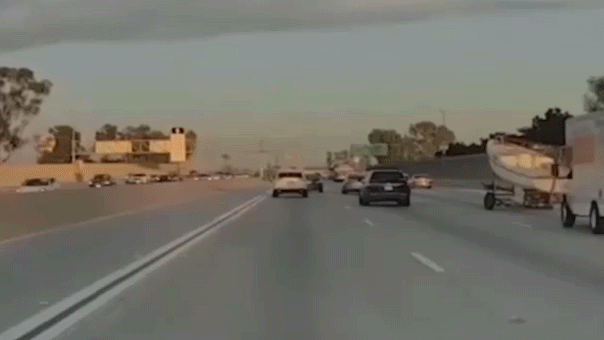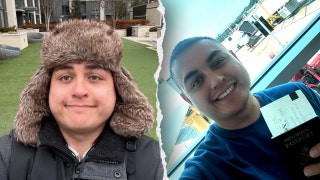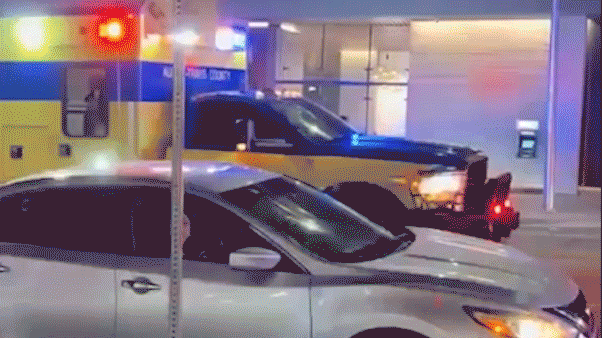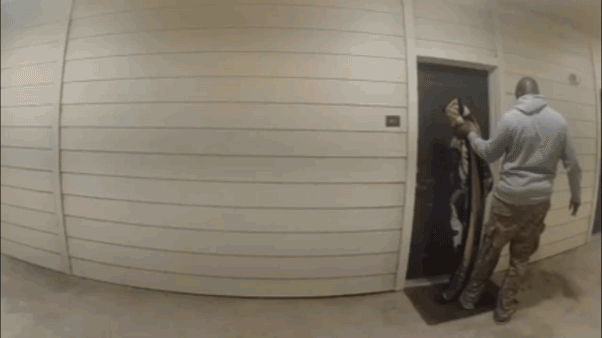CHICAGO – Calling the Chicago police chief's ultimatum to stop resorting to violence a waste of time, current and former members of some of the city's most notorious street gangs held an unlikely news conference on Thursday to send their own message to police: You're not playing fair.
Representatives of the Traveling Vice Lords, Four Corner Hustlers and other gangs gathered before TV cameras on a park building portico and bemoaned a recent message police Superintendent Jody Weis gave to reputed gang leaders at what has been billed as a "gang summit" — that if gangs don't stop the killings, police will go after their leaders.
"Is it possible for one person to micromanage a group?" Vice Lords gang member Jim Allen asked reporters, wearing a black baseball cap with the words, "Mess with the Best, Die like the Rest." ''We will not be responsible for anyone's actions but our own."
Former gang member Reginald Berry Sr. said police would be better off if gang members were given job offers instead of threats of jail time.
"The problem with them is they're giving us an ultimatum — 'quit!' instead of alternatives," he said. Members of gangs ought to be told, "Get off the corner selling these bags, and come to this construction site and pick up this brick."
Weis is facing mounting criticism from leaders across the city and state — including Gov. Pat Quinn — for holding the unpublicized Aug. 17 meeting, even though several police departments across the country have relied on similar approaches for decades to help reduce crime.
Some reputed gang members said they were surprised to see Weis at the meeting after being told by their parole officers to show up. Many were visibly angry, with some even leaving the meeting.
Convening gang members under false pretenses undermined any possible effectiveness of the meeting, Allen, 32, told reporters.
"Their words and actions are null and void — because it was all a trick," he said.
Weis has said prosecutors at the Aug. 17 meeting, which was first reported by the Chicago Sun-Times, threatened attendees that they could be charged under the Racketeering Influenced and Corrupt Organizations Act if killings were traced back to gangs with members attending the meeting. The federal law, commonly known as RICO, provides stiffer penalties for acts performed as part of a criminal organization such as the Mafia.
The police chief has defended the initiative with the support of Mayor Richard M. Daley and U.S. Attorney Patrick Fitzgerald, who likened Weis' approach to his office holding parolee forums to warn people leaving prison that they'll be watched.
Weis also doesn't buy the notion gang leaders are powerless to stem violence by their auxiliaries.
"You have the ability to influence people within your sphere," Weis told The Associated Press on Wednesday. "You guys are in the position to stop the killing."
Though Chicago's homicide rate has mirrored national trends and dropped significantly since the 1990s to 460 last year, the number of brazen shootings have escalated this year. Four police officers have been killed in the line of duty this year, and on Wednesday, two cops were shot and injured while serving a warrant on suspected gang members.
Daley seemed to shrug off the gang members' media offensive, telling reporters earlier Thursday that, "Everybody complains about the police. But again, it's America. You can complain about anything."
Later, some of the current and ex-gang members turned community activists complained about Daley.
Activist Mark Carter asked how gang leaders could be asked to take responsibility for their subordinates when city government leaders don't take responsibility for alleged misdeeds by their employees.
"Is the mayor going to be held accountable for the corruption that takes place under his watch?" he said. "And the biggest gang in the city of Chicago is the Chicago Police Department."
But experts say the tactic of meeting with gang leaders — whether formally with top administrators or at the neighborhood level — is just part of good police work.
At least 50 jurisdictions nationwide use the approach, including Cincinnati, Los Angeles and Boston.
"It sounds like pixie dust, but it works," Jim Fealy, a chief of police in High Point, North Carolina, said Thursday. "It's worked miraculously in other parts of the country, and it can work in Chicago."
Since starting to put gangs on notice 13 years ago, he said, violent crime is down in the city of 100,000 people by more than 40 percent.
"High Point was once known as little Chicago because of the violence," he said. "We're not known as that anymore."
____
Associated Press Writer Sophia Tareen contributed to this report.
